HomeKnowledge CenterHow to Stay Awake at Work
A sleepless night can impact your work and personal life. How do you stay productive the day after a sleepless night?
Even though you may have had a sleepless night, you may still need to have a productive day.
Learning how to keep yourself awake following a night of lost sleep, requires you to learn which of the following methods your body best responds to.1
Good night, sleep tight!
Consider your usual night’s sleep: do you sleep like a rock, or do you wake up throughout the night? If you wake up a lot, make sure your sleeping environment is free of lights, sounds and changes in temperature. And limit use of smartphones, computers, and the TV before bedtime Digital devices like these can stimulate your mind and keep you awake instead of asleep.
Stay hydrated
While coffee or tea can help jumpstart your day, too much can dehydrate you or make you restless. A good way to stay awake without caffeine is to drink low or no calorie fluids, such as water or herbal tea. Fluids help your circulatory system and get your blood flowing. If you have a headache from too much caffeine, fluids can help relieve it.
Splash your face with cold water
A splash of cold water over your face will draw your circulation upward, toward your head, temporarily renewing your energy, making you feel more awake.
Reduce your sugar intake
Eating sugar is often thought to be one of the best ways to stay awake. But it’s actually best to avoid sugar when you’re tired. It causes blood sugar spikes – which is a spurt of high energy followed by very low energy, which can leave you feeling sleepy.
Interrupt your work routine with regular breaks
If you’re experimenting with how to stay awake at work, try interrupting boring or uninteresting tasks by working for 25 minutes at a time, followed by a 5-minute break. The variety will help you stay awake longer, and may make you more productive. Get up and move around during your break to get your blood flowing.
Connect with a friend
One of the best ways to stay awake is to do so with others.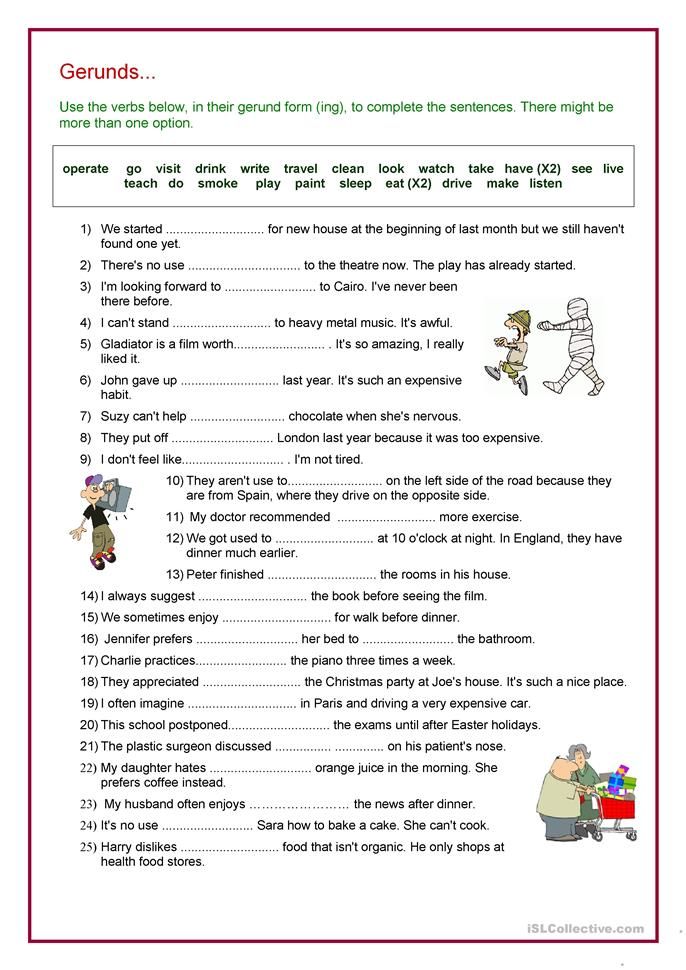 Focus your mind on something else by talking with a friend or co-worker.
Focus your mind on something else by talking with a friend or co-worker.
Keep your space cool
A warm room can make you tired, and a cool room does the opposite! Crack a window for a refreshing breeze to keep your blood flowing and your energy level up.
Put on some tunes
Use music to help wake up your senses. It can also distract you and take your mind off feeling tired.
Take a walk
A walk can help bring blood flow to your muscles and wake them up. A change of scenery is also likely to reduce fatigue by inspiring new ideas and even sparking creativity.
Massage
You can give yourself a jolt of energy by lightly massaging select pressure points on your body. Key areas include: the back of your neck, between your thumb and index finger, behind your knees and just below the balls of your feet.
When you’re at work and need to stay awake, give these tips a try. Make sure to aim for quality rest, as a general rule. If your fatigue and sleeplessness continue talk to your health care provider for guidance.
Back to Knowledge Center
110 Tips to Stay Awake at Work without Coffee, Health Plus, March 29, 2021, https://www.mountelizabeth.com.sg/healthplus/article/10-tips-to-stay-awake-at-work-without-coffee
This article is general health information and not medical advice or services. You should consult your doctor for medical advice or services, including seeking advice prior to undertaking a new diet or exercise program.
We include products we think are useful for our readers.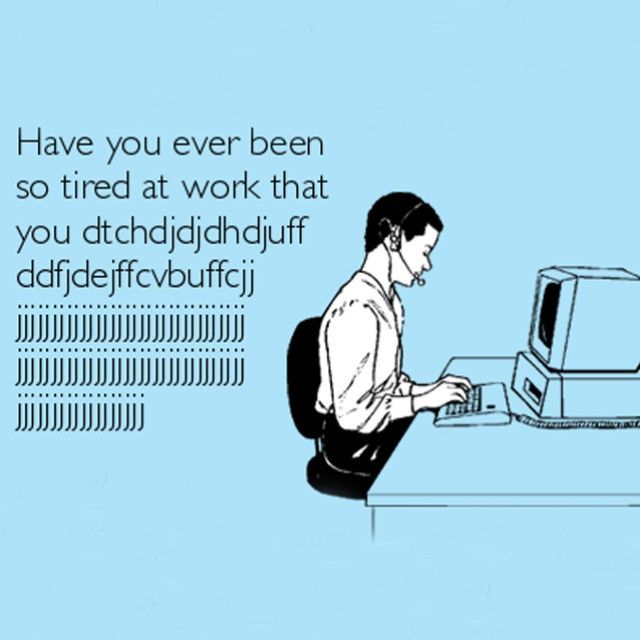 If you buy through links on this page, we may earn a small commission Here’s our process.
If you buy through links on this page, we may earn a small commission Here’s our process.
Healthline only shows you brands and products that we stand behind.
Our team thoroughly researches and evaluates the recommendations we make on our site. To establish that the product manufacturers addressed safety and efficacy standards, we:
We do the research so you can find trusted products for your health and wellness.
Read more about our vetting process.Wouldn’t it be wonderful if you could take a quick break from work to nap every time you felt you needed it? Unfortunately, this is not the reality for most people.
Tiredness at work is common whether you work part time or full time, day shift or night shift. It can harm your work performance and make work less enjoyable. And in some careers, it can be downright dangerous.
If you’re struggling to stay awake at work and the coffee’s just not cutting it, try some of these tips:
Getting some fresh air and moving your body before work can help keep you awake. A walk is especially effective at increasing your alertness if you take one when the sun’s up.
While it’s often impossible to take a nap on the job, taking a nap before work can help increase your alertness. This is an especially important tip for shift workers, who may be required to work odd or alternating hours. Napping for as little as 15 to 20 minutes before work can help improve your alertness throughout your shift.
Sitting or standing still for too long, such as at a desk or cash register, can make you feel tired.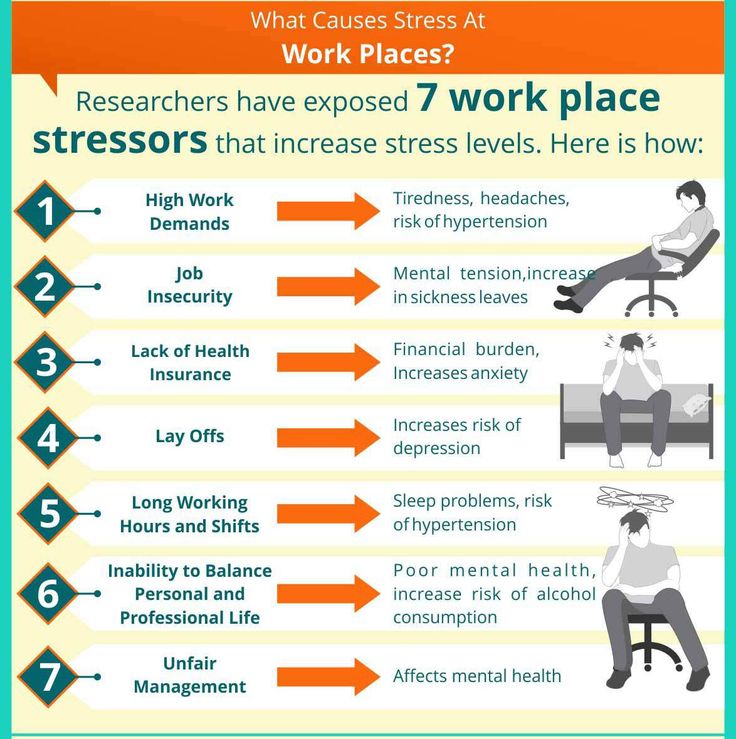 Staying active can help you feel more alert and think more clearly. Get up and take activity breaks every few hours if possible. For example, try walking around your office or workplace while you take that phone call.You can also try these exercises you can do at your desk.
Staying active can help you feel more alert and think more clearly. Get up and take activity breaks every few hours if possible. For example, try walking around your office or workplace while you take that phone call.You can also try these exercises you can do at your desk.
If you work during the day, keep your workplace window shades open to let in sunlight. If you’re working when it’s dark or dim, turn the lights on to help keep you awake and alert.
Sipping caffeine can give you a temporary energy boost, but drinking water throughout your shift is much healthier and is also effective in keeping you alert. That’s because dehydration can make it more difficult for you to concentrate on your work.
Consuming some caffeine early in your shift can boost your alertness early in your day. Be sure to consume it only at the start of your shift, though. Caffeinating too late can interfere with your ability to sleep after work.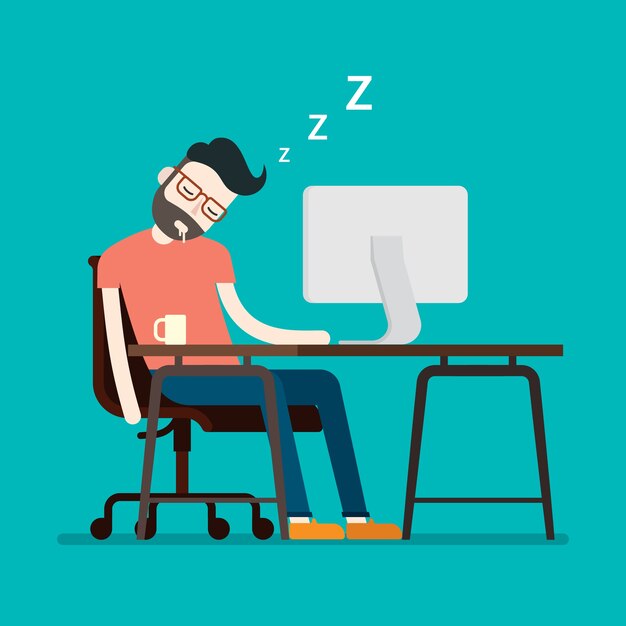
Eating healthy snacks during the day can help keep your blood sugar — and attention — steady all day long. Look for foods with a mix of protein, carbohydrates, and healthy fats. Good snack options include:
Avoid consuming foods and beverages with added sugar, such as candies, energy bars, and soda.
It can be hard to focus on complex tasks when you’re tired. If possible, complete the easiest tasks when you’re tired, such as replying to emails, filing documents, or reorganizing your computer’s desktop. Usually your energy will return as you complete these simpler tasks.
Keep scented candles or an essential oil diffuser at your desk. Look for scents that are strong and energizing, such as jasmine, citrus, or peppermint.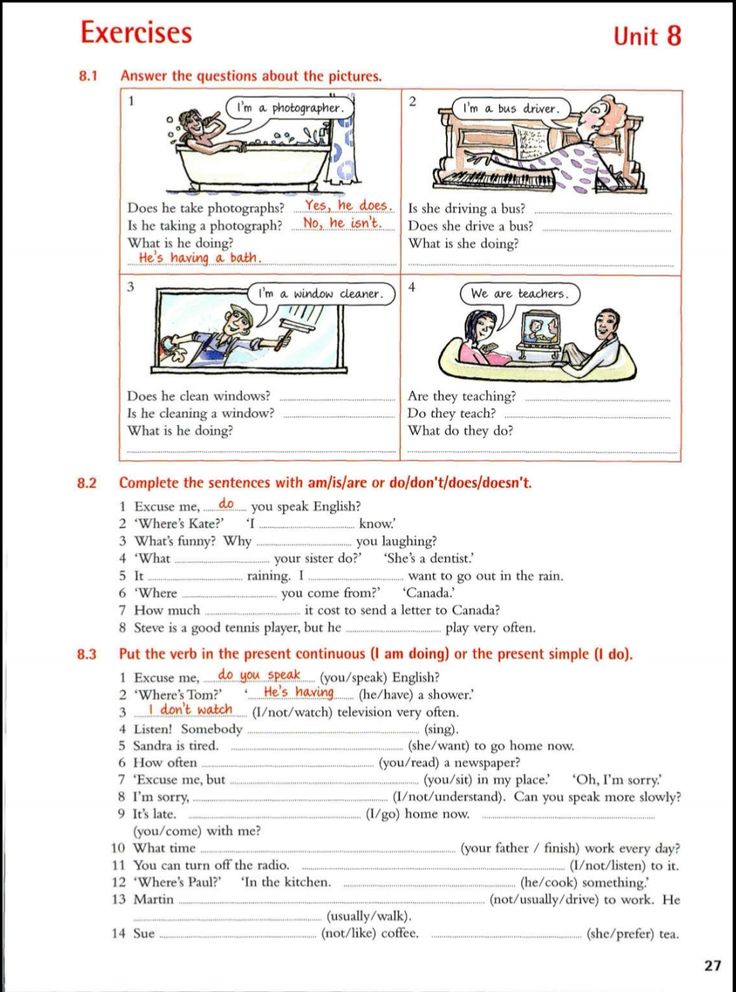 You can also rub essential oil on your hands and temples to help keep you energized.
You can also rub essential oil on your hands and temples to help keep you energized.
Shop for an essential oil diffuser and essential oils now.
Listening to loud, energizing music such as rock or pop can sometimes help increase your energy level. If you work in a shared space, make sure to wear headphones so you don’t disturb your coworkers.
The above tips are great short-term fixes to staying awake at work. But to help stay alert at work in the long term, you need to make some adjustments to your daily life.
Here are seven lifestyle changes that can help increase the quality of your sleep, making it easier for you to stay awake at work.
Your body’s production of melatonin, which helps you sleep, is influenced by light and dark. It can be challenging, especially for shift workers, to avoid light before bed. Sunlight can make your body feel more energized when you’re trying to wind down.
Reduce your exposure to light before bed by limiting your screen time from your TV or cell phone. In addition, try wearing an eye mask or hanging darkening shades on your windows if sunlight keeps you up when you’re trying to sleep.
In addition, try wearing an eye mask or hanging darkening shades on your windows if sunlight keeps you up when you’re trying to sleep.
Don’t consume caffeine or other stimulants during the second half of your shift. Doing so can make it much more difficult for you to fall and stay asleep at bedtime.
Turn off all electronic devices, such as your TV, and use earplugs to keep your bedroom quiet. Use a white noise machine to drown out loud or distracting noises if necessary.
Setting up a nap schedule can help regulate your sleep.
Changing shifts often makes it harder for your body to adjust. Limit these changes when possible.
Exercise is helpful in promoting sleep. However, for some people, exercising right before bed can make it harder to fall asleep. For others, exercise may not affect their sleep patterns at all. Get to know your body and what feels best.
For others, exercise may not affect their sleep patterns at all. Get to know your body and what feels best.
These habits can make it more difficult for you to fall and stay asleep.
Feeling tired at work can make your workday less productive and less enjoyable. Luckily, there are things you can do today to help make you feel less sleepy and more alert at work. Making certain lifestyle changes to promote sleep after work will help you stay alert at work in the long term, as well.
Anna Sokolova
full of energy
Author profile
Even if you work sitting at the computer, this does not mean that by the end of the day you will not die of fatigue.
Fatigue appears not only from physical work. And not only because of the large number of cases. It may also indicate that you have not replenished the resources of the body, have distributed the load incorrectly, or do not see much point in what you are doing. Life in constant stress and work in emergency mode is harmful to health and leads to burnout. Let's talk about how to save energy.
Life in constant stress and work in emergency mode is harmful to health and leads to burnout. Let's talk about how to save energy.
Psychologists have a hypothesis about why mental work is so exhausting. If a task doesn’t particularly excite us, the brain has to put in a lot of effort to focus on it. And there is a lot of interesting things around - from news and Internet discussions to new collections of your favorite brands. This constant struggle with temptations exhausts a person. But without it it is impossible - otherwise the work will not be done.
This version is partly confirmed by a study conducted several years ago in Canada. Scientists monitored the condition of 156 students for a week: they constantly asked what they were doing, how they felt, what they really wanted at the moment, how much effort they had to make in order not to follow these desires and continue to study. It turned out that the more temptations the students had to resist, the more tired they felt.
/no-willpower/
How can the weak-willed and lazy survive? Molecular biologist Irina Yakutenko answers
According to one of the authors of the study, psychologist Michael Inzlicht, this phenomenon has an evolutionary explanation. In order to survive, a person as a species all the time needs to do something: sleep, look for partners for procreation, get food, clothes - and so on ad infinitum. And if at some point he forgets about one of these tasks, then he simply will not survive. Therefore, the body has developed a biological mechanism that makes us switch from one to another. The psychological fatigue that we feel by the end of the working day is a signal that it is time to switch to another activity.
Tip 1
Increase your motivation In 2019, British scientists published the results of a study in which they observed the behavior, physical and psychological state of 100 nurses during their 12-hour shift.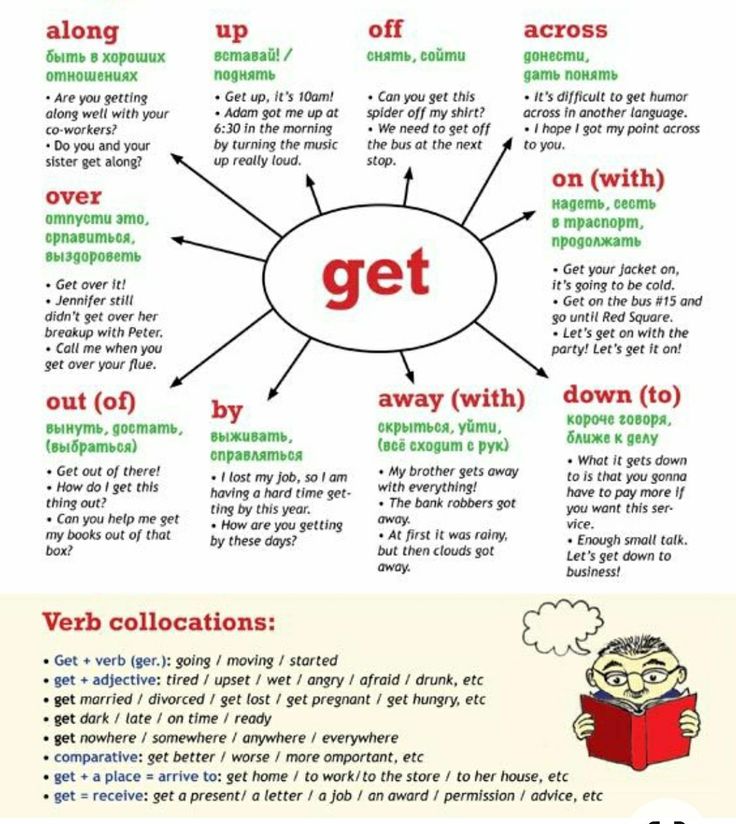 And as a result, an important correlation was found: those nurses who were more involved in their work, knew that something depended on them, and received inner satisfaction in the process, were more energetic and less exhausted than the rest.
And as a result, an important correlation was found: those nurses who were more involved in their work, knew that something depended on them, and received inner satisfaction in the process, were more energetic and less exhausted than the rest.
The explanation is simple: if we consider our work to be really important, then we are more motivated to do it and it is more difficult for us to get distracted. This means that the brain does not lose interest in it and gets less tired.
/hate-work/
Why people don't quit jobs they hate
To increase your motivation, try this exercise: at the end of each working day, for a couple of minutes, reflect on how your work is useful for others. If helping others is not part of your duties, remember that work allows you to pay for housing, feed and clothe loved ones, and financially support older relatives.
This simple action will have a beneficial effect on more than just your motivation. According to research by psychologists Adam Grant and Sabine Sonnentag, people who are clearly aware of the impact their work has on others tend to be less distracted while doing it. And in general, they feel happier and more satisfied with life.
According to research by psychologists Adam Grant and Sabine Sonnentag, people who are clearly aware of the impact their work has on others tend to be less distracted while doing it. And in general, they feel happier and more satisfied with life.
Tip 2
Don't get distracted too oftenThe human brain is not a computer. It's not designed for multitasking. Therefore, when the brain has to do several things at the same time, it spends too many resources. And as a result, he gets more tired and starts making more mistakes.
How can I fix this?
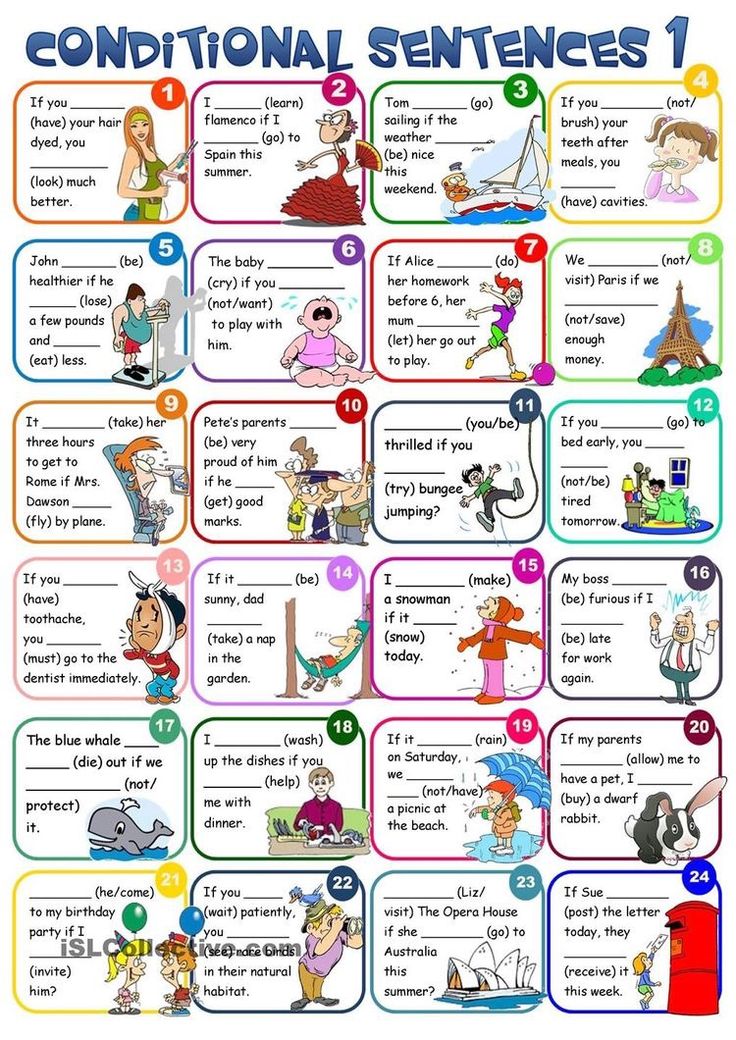 As a result, overall productivity increased. And most importantly, the psychological state improved: by coping with work faster, employees received more positive emotions, and this charged them with additional energy.
As a result, overall productivity increased. And most importantly, the psychological state improved: by coping with work faster, employees received more positive emotions, and this charged them with additional energy. /how-to-focus/
5 tips to quickly focus on work
Tip 3
Take Breaks Research shows that several regular but short breaks throughout the day can be better for rejuvenation, cognition and stress reduction than one long one.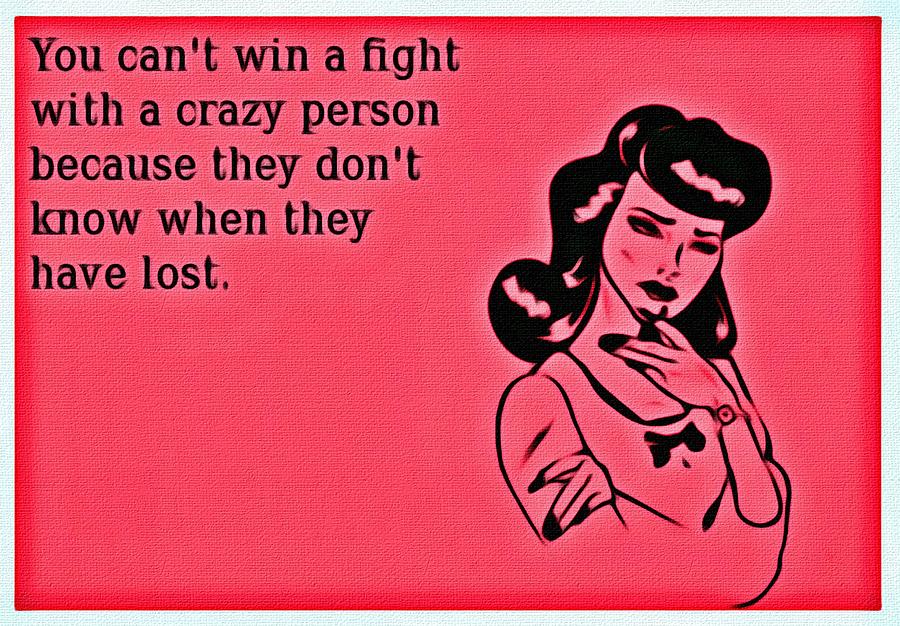 In 2014, specialists from DeskTime, a developer of time tracking software, analyzed the data of many users and found out that the most efficient ones worked in cycles. They immersed themselves in tasks for 52 minutes, and then disconnected from tasks for 17 minutes.
In 2014, specialists from DeskTime, a developer of time tracking software, analyzed the data of many users and found out that the most efficient ones worked in cycles. They immersed themselves in tasks for 52 minutes, and then disconnected from tasks for 17 minutes.
These data correlate with the modern ideas of scientists about the basic cycle of rest - activity: at night, on average, the body goes through all five phases of sleep in 90 minutes, and during the day it experiences a peak of activity at the same time, followed by 15-20 minutes of decline. And it is better to spend them on rest.
/chill-out/
How to rest: 5 tips
Things to do during a 15-minute break:

What not to do during mini-breaks? Check social networks and messengers. This can deprive the rest of the forces. According to researchers from the American Psychological Association, excessive use of gadgets increases stress levels and greatly spoils mood.
Tip 4
Start working lessIt often happens that fatigue at work is not due to psychological problems. But simply because you are overwhelmed. In this case, all the previous tips are unlikely to help you. There is only one way out: discuss with the manager.
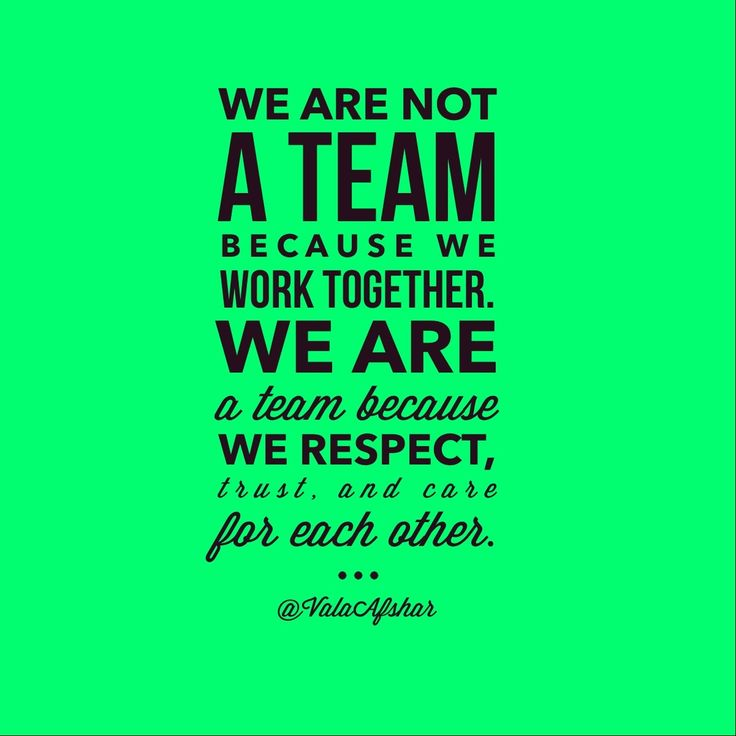 It is especially important to do this if you communicate with your boss orally, and not in a chat. When another request appears, specify in what order to fulfill it and, if the matter is urgent, what can be postponed until later. This will help him to assess the volume of your load and you to properly distribute it.
It is especially important to do this if you communicate with your boss orally, and not in a chat. When another request appears, specify in what order to fulfill it and, if the matter is urgent, what can be postponed until later. This will help him to assess the volume of your load and you to properly distribute it.  So don't check your work email on weekends.
So don't check your work email on weekends. /time-to-rest/
“I close my laptop and start living”: 7 ways to quickly switch from work to leisure
Tip 5
Take care of yourselfWhen the resources of the body are at zero, it is difficult to cope even with work that does not require serious mental effort, and fatigue sets in faster. Therefore, it is so important to regularly recover physically.
The rules are simple:

10 ways to unwind before bed
According to the World Health Organization, adults need 150-300 minutes of moderate exercise or 75-150 minutes of vigorous aerobic exercise to maintain good health.
/sport-every-day/
5 tips on how to make physical activity a part of life
Good afternoon, dear readers. How many times have you faced the problem that you stayed at work all day and did nothing in the end, and you were also tired? If you have had this, then this post is for you. The concept of productivity has been confidently with us for 10 years for sure. But has anyone wondered what it means to be productive? Is there a difference between "being busy" and "being productive"? I can confidently answer that I DO! Productivity is to use one hundred percent of your time. Employment is to fill your time one hundred percent (and not always necessary and useful things related to work). If in other words, then employment is to squeeze one whole orange has 20 milliliters of juice, and productivity is squeezing a liter of juice out of one orange. The personal productivity of each of us largely depends on the environment, habits, lifestyle, and even our hobbies.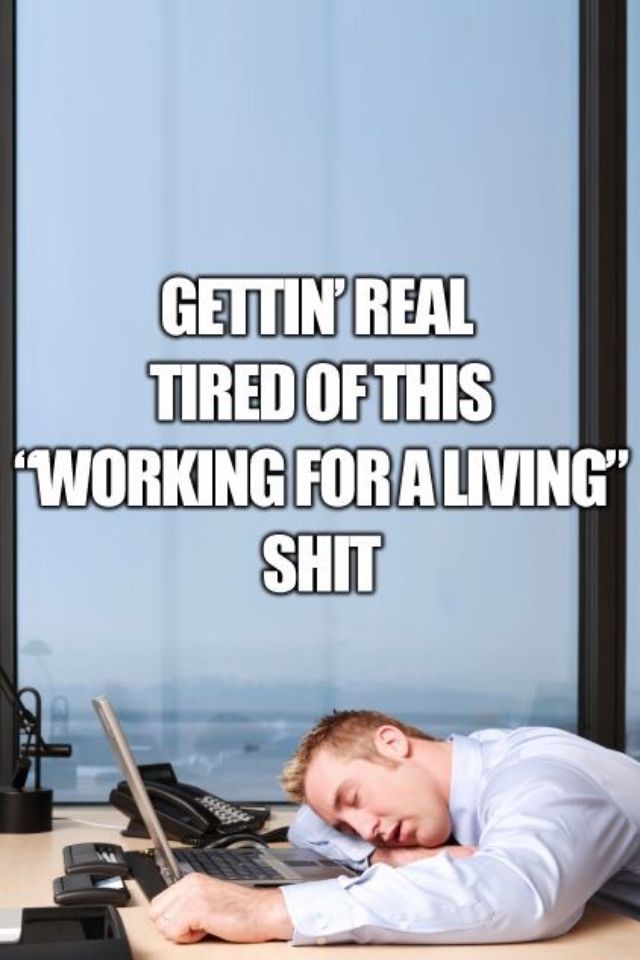 If you go in for sports in your free time, then you will be more productive, because sport fills a person with energy, despite the fact that it is very physically exhausting, but these are different types of human wear and tear. During brain activity, a person gets tired mentally, he immediately wants to take a walk or just change his place (who am I kidding? I want to lie down, just lie down), and during training, a person gets tired physically, but mentally fills up with working capacity and energy and is ready to “turn mountains”. In order to increase productivity, you may need to slightly change your lifestyle and lifestyle. But this is only the smallest thing that can be done. And so, the main points that will have a good effect on productivity:
If you go in for sports in your free time, then you will be more productive, because sport fills a person with energy, despite the fact that it is very physically exhausting, but these are different types of human wear and tear. During brain activity, a person gets tired mentally, he immediately wants to take a walk or just change his place (who am I kidding? I want to lie down, just lie down), and during training, a person gets tired physically, but mentally fills up with working capacity and energy and is ready to “turn mountains”. In order to increase productivity, you may need to slightly change your lifestyle and lifestyle. But this is only the smallest thing that can be done. And so, the main points that will have a good effect on productivity:
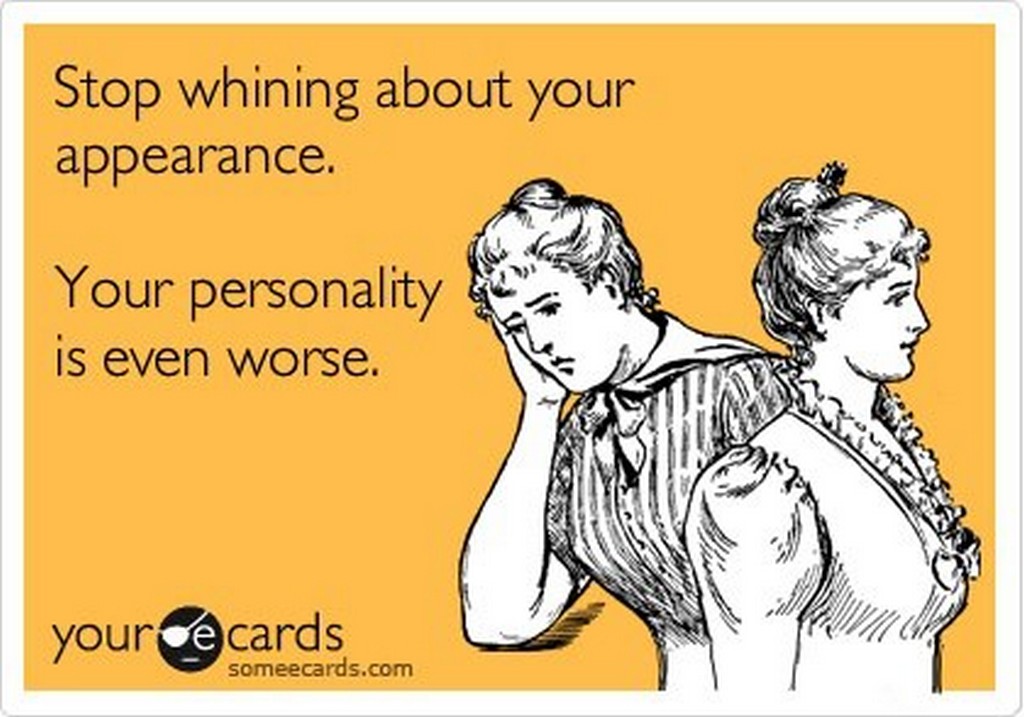
And now, I would like to identify the main points that destroy productivity:
These are the main productivity killers in each of us, if you try to pacify them, you can reach a good level. But I will also give a couple of tips on how to still increase your productivity and squeeze a liter of juice out of one orange. To increase productivity, there are basic points that you should follow all the time, you can learn them like a mantra and read them in the morning. This is of course my jokes, but suddenly someone has real problems here. Let's go directly to them.
But I will also give a couple of tips on how to still increase your productivity and squeeze a liter of juice out of one orange. To increase productivity, there are basic points that you should follow all the time, you can learn them like a mantra and read them in the morning. This is of course my jokes, but suddenly someone has real problems here. Let's go directly to them.

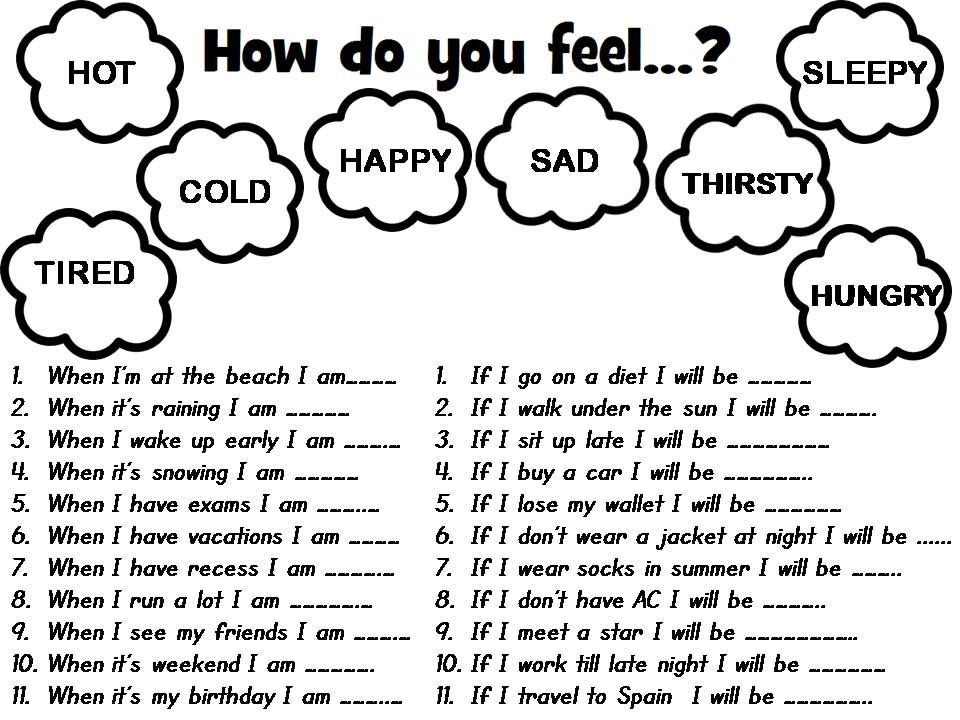 If it is necessary to check the work of employees, then we walked and looked at all the subordinates, so that later we would not suddenly remember about another department and go to look at it as well. Having people in your office with the same questions all at once, instead of one at a time, can also save time.
If it is necessary to check the work of employees, then we walked and looked at all the subordinates, so that later we would not suddenly remember about another department and go to look at it as well. Having people in your office with the same questions all at once, instead of one at a time, can also save time. I really hope that my advice will help you stay productive not only at work, but also in life. If you also have tips for keeping yourself productive, then write them down in the comments. In the next post I will try to tell you in more detail about the GTD system, which I wrote about above.